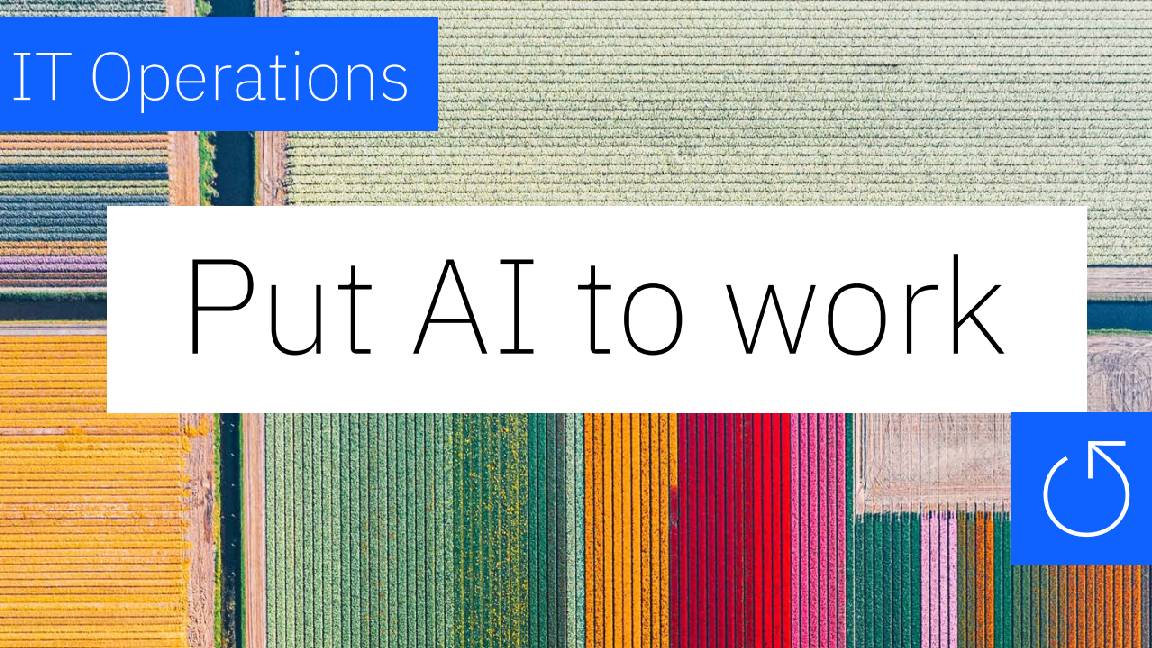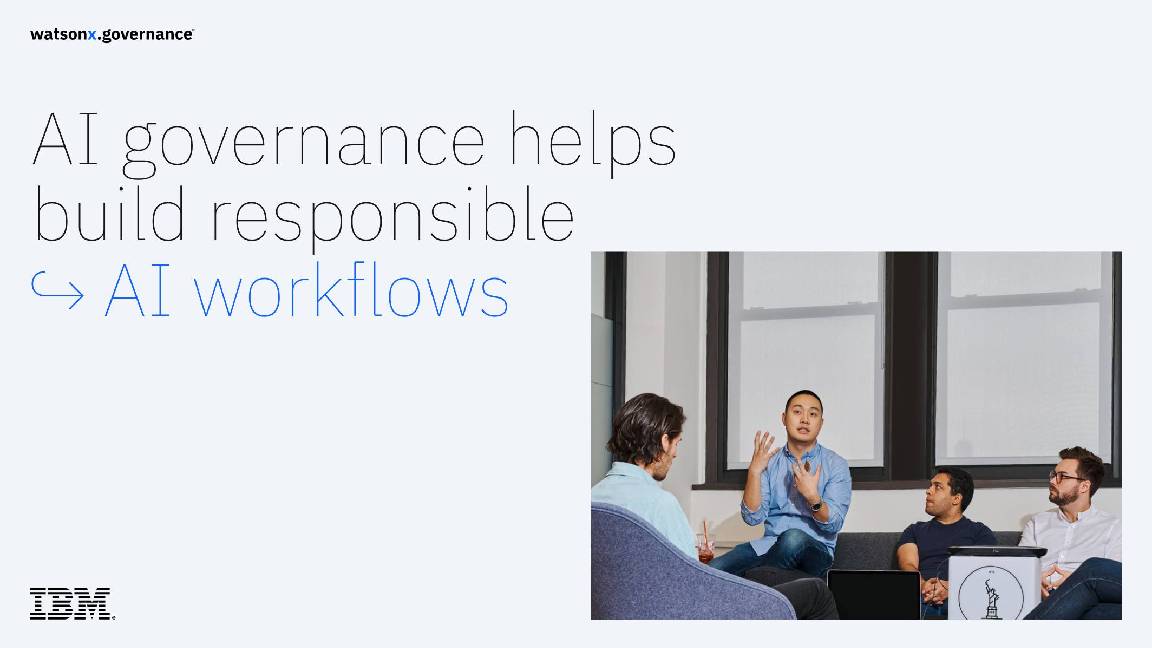Could security learn from the World of Warcraft?
For some the future of security needs to be self-policing, sharing responsibility using principles from collaboration such as online multi-player gaming.

Individuals, businesses and governments need to be empowered with the ability to share the responsibility of security, which could combat threats and reduce cost.
This is according to findings from IBM's Security and Society Global Innovation Outlook (GIO), a series of worldwide sessions between tech leaders, government officials and security industry experts.
New security strategies needed to be created against the bad guys who have so far been much more successful in following the network effect', where the harmfulness of a single threat was exponentially proportional to the number of people exposed to it.
Criminals had used this principle, creating strong and speedy networks. Evidence of this was in zero-day attacks' where most browser-related online exploits occurred within 24 hours of the vulnerability being disclosed.
The findings from the sessions urged the security industry to combat the threat by evolving from typical wall-based security to community-based security - where online groups policed themselves, sensing and responding to threats where needed.
Gunter Ollman, chief security strategist at IBM, said it was easy to be sceptical about self-policing, but it could be more appealing than being monitored by governments or law enforcement agencies.
He has an example of the system used in World of Warcraft, where players assigned each other rankings based on reputation and the amount they have contributed.
Get the ITPro daily newsletter
Sign up today and you will receive a free copy of our Future Focus 2025 report - the leading guidance on AI, cybersecurity and other IT challenges as per 700+ senior executives
He said: "If someone insists on being disruptive and not playing by the rules, they will find themselves quickly ostracised by the group.
"There are even organised "vigilante" groups that will track down chronic abusers of the rules, regardless of changes in their in-game identities, and publicly post records of their behaviour as a warning to others."
He added: "Once you build up a bad reputation, it becomes very hard to escape it."
However some advocates of the idea still had doubts.
"I like the idea of community-based security and having many eyes and ears," said Hiroshi Maruyama, director of IBM's Tokyo Research Laboratory. "But can we trust a community? Do they have real wisdom? Or are they just a mob?"
Also on IT PRO, ten reasons why World of Warcraft is better than Second Life.
-
 AI is helping bad bots take over the internet
AI is helping bad bots take over the internetNews Automated bot traffic has surpassed human activity for the first time in a decade, according to Imperva
By Bobby Hellard
-
 Two years on from its Series B round, Hack the Box is targeting further growth
Two years on from its Series B round, Hack the Box is targeting further growthNews Hack the Box has grown significantly in the last two years, and it shows no signs of slowing down
By Ross Kelly
-
 Put AI to work for IT operations
Put AI to work for IT operationswhitepaper Reduce the cost and complexity of managing hybrid applications
By ITPro
-
 AI in the retail industry is spreading beyond the IT department
AI in the retail industry is spreading beyond the IT departmentNews AI has become a strategic imperative for retailers, delivering marked productivity gains
By Emma Woollacott
-
 Maximizing contact center operations with generative AI assistants backed by responsible AI principles
Maximizing contact center operations with generative AI assistants backed by responsible AI principleswhitepaper Reduce the cost and complexity of managing hybrid applications
By ITPro
-
 IBM just launched powerful new open source AI models – here’s what you need to know
IBM just launched powerful new open source AI models – here’s what you need to knowNews Available under the Apache 2.0 license, IBM's Granite 3.0 models are trained on enterprise data and can out-perform the competition
By Emma Woollacott
-
 Achieving business outcomes with generative AI
Achieving business outcomes with generative AIWebinar Take your hybrid cloud journey to the next level with generative AI
By ITPro
-
 Wimbledon’s new Catch Me Up AI feature promises to keep fans up to date at the tournament – after it irons out some of the wrinkles
Wimbledon’s new Catch Me Up AI feature promises to keep fans up to date at the tournament – after it irons out some of the wrinklesNews The latest feature to come out of IBM’s partnership with Wimbledon will keep fans engaged from the early stages right through to the final with dynamic player insights
By Solomon Klappholz
-
 AI demands new ways of data management
AI demands new ways of data managementwhitepaper The data leader’s guide for how to leverage the right databases for applications, analytics and generative AI
By ITPro
-
 AI governance for responsible transparent and explainable AI workflows
AI governance for responsible transparent and explainable AI workflowswhitepaper Build greater trust in your AI
By ITPro